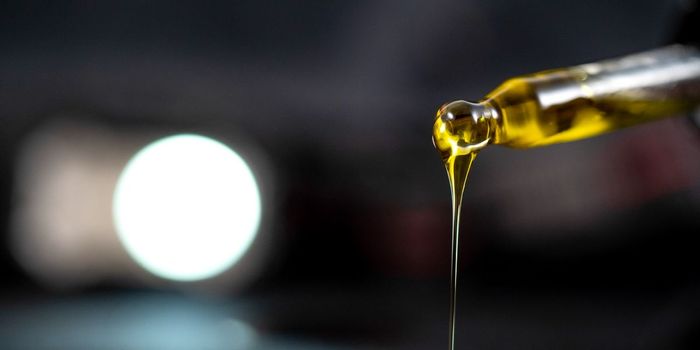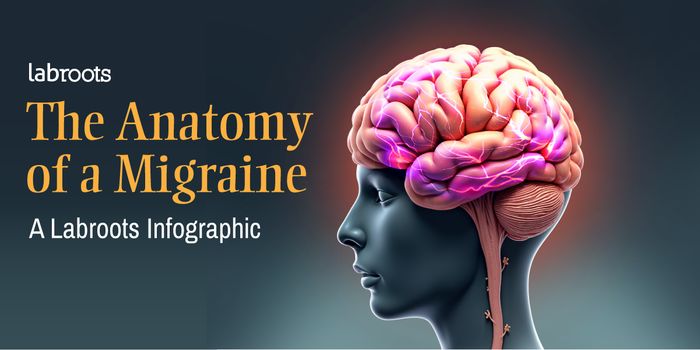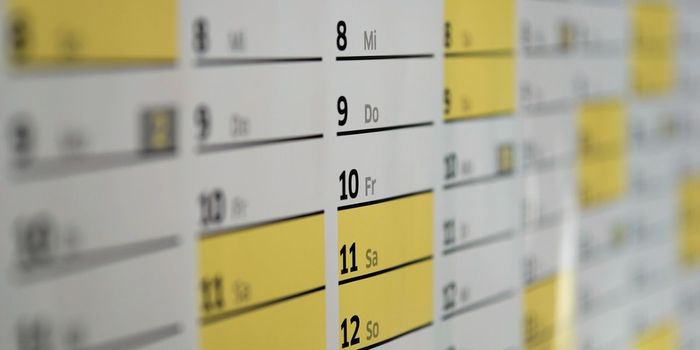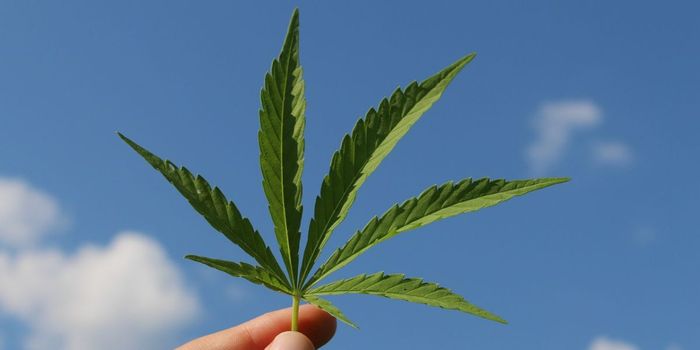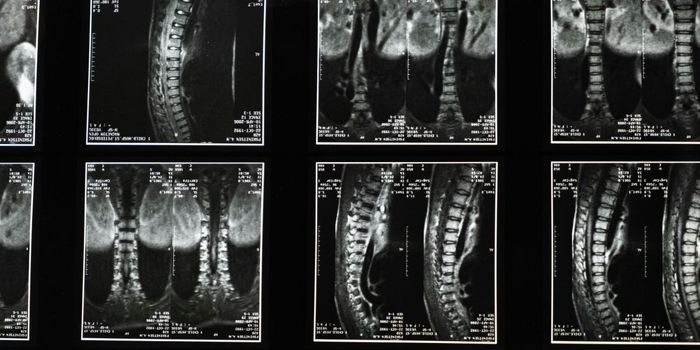Feeling 'Chills' Improves Self-Beliefs in Patients with Depression

One may experience ‘chills' in response to powerful and 'profoundly moving' stimuli. They manifest as shivers and goosebumps and are associated with distinct neural activation patterns linked to reward and well-being. Stimuli known to induce chills include music, film, speech, and secular and religious rituals. Until now, little is known about how chills may affect psychopathology.
In the current study, researchers investigated how media known to produce chills could relieve symptoms of depression. To do so, they exposed 96 patients with major depressive disorder to a database of 'chill-inducing' multimedia. They assessed their emotional responses to the media using the Emotional Breakthrough Inventory (EBI), and shifts in self-related beliefs via the Young Positive Schema Questionnaire (YPSQ).
Ultimately, the researchers found that patients who reported feeling ‘chills’ experienced increases in self-acceptance, indicating a reduction in shame. They also found that the intensity of chills correlated positively with the degree of emotional breakthrough, and that chills were linked to changes in emotional valence and arousal, which they called 'a positive outcome' for patients with depression who have anhedonia and lower reward sensitivity.
They further found that an increase in valence was mediated by levels of emotional breakthrough. They wrote that aesthetic chills might enhance cognitive and emotional relearning via dopamine release and temporary synaptic plasticity.
“These preliminary results suggest that the biological processes involved in aesthetic chills could be harnessed as a non-pharmacological intervention for depression. However, further investigation is necessary to comprehensively understand the neurophysiological responses to chills and to evaluate the practicality, effectiveness, and safety of utilizing aesthetic chills as a preventive measure in mental health care,” concluded the researchers in their paper.
Sources: BMC Psychiatry, Neuroscience News

